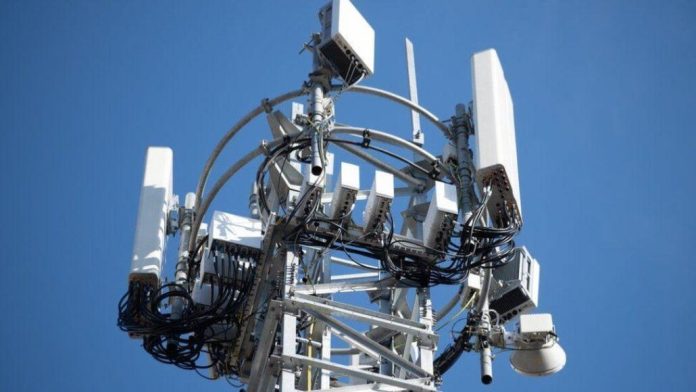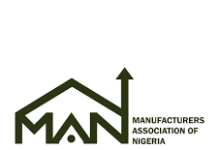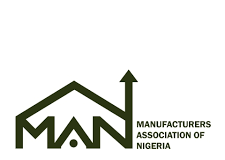The Nigerian Communications Commission (NCC) is set to host a high-level dialogue today in Abuja, as student leaders from the National Association of Nigerian Students (NANS) and the National Association of Polytechnic Students (NAPS) converge to discuss the recently announced 50% hike in telecom tariffs.
The meeting, facilitated by the NCC following a formal request by the student groups, comes in the wake of NANS’ strong opposition to the tariff adjustment. Four days ago, the student body condemned the hike, issuing a 72-hour ultimatum to the NCC and the Ministry of Communications and Digital Economy to reverse the decision or face nationwide protests.
In a statement released on Wednesday, Oladimeji Uthman, Clerk of the Senate at NANS National Headquarters, criticised the decision as “abnormal, inconsiderate, and unjustifiable,” emphasising the potential impact on Nigerians, particularly students, amid ongoing economic challenges.
An insider from NAPS disclosed that beyond opposing the tariff increase, the student leaders aim to explore alternative cost-migration strategies, review policies to promote equitable access to digital infrastructure, and advocate for broader stakeholder consultation on major policy changes.
Confirming the dialogue, NCC’s Director of Public Affairs, Reuben Muoka, stated: “The student bodies wrote to us requesting a discussion, and the commission approved their request.”
While the student organisations push for a reversal, the Concerned Citizens Forum (CCF), a civil society organisation, has backed the tariff hike. Speaking at a media briefing in Abuja, CCF’s National President, Fabian Opialu, commended the NCC for its efforts to maintain the sustainability of the telecom sector.
Opialu argued that the adjustment was necessary to reflect the economic realities faced by telecom operators, noting that tariffs had remained unchanged since 2013 despite rising operational costs. He also praised the NCC for mandating operators to offer affordable service plans tailored to various income levels, ensuring continued access to telecommunications services for all Nigerians.
The outcome of today’s dialogue could shape future decisions on telecom pricing and regulatory policies in Nigeria, as stakeholders seek a balance between economic realities and consumer welfare.














